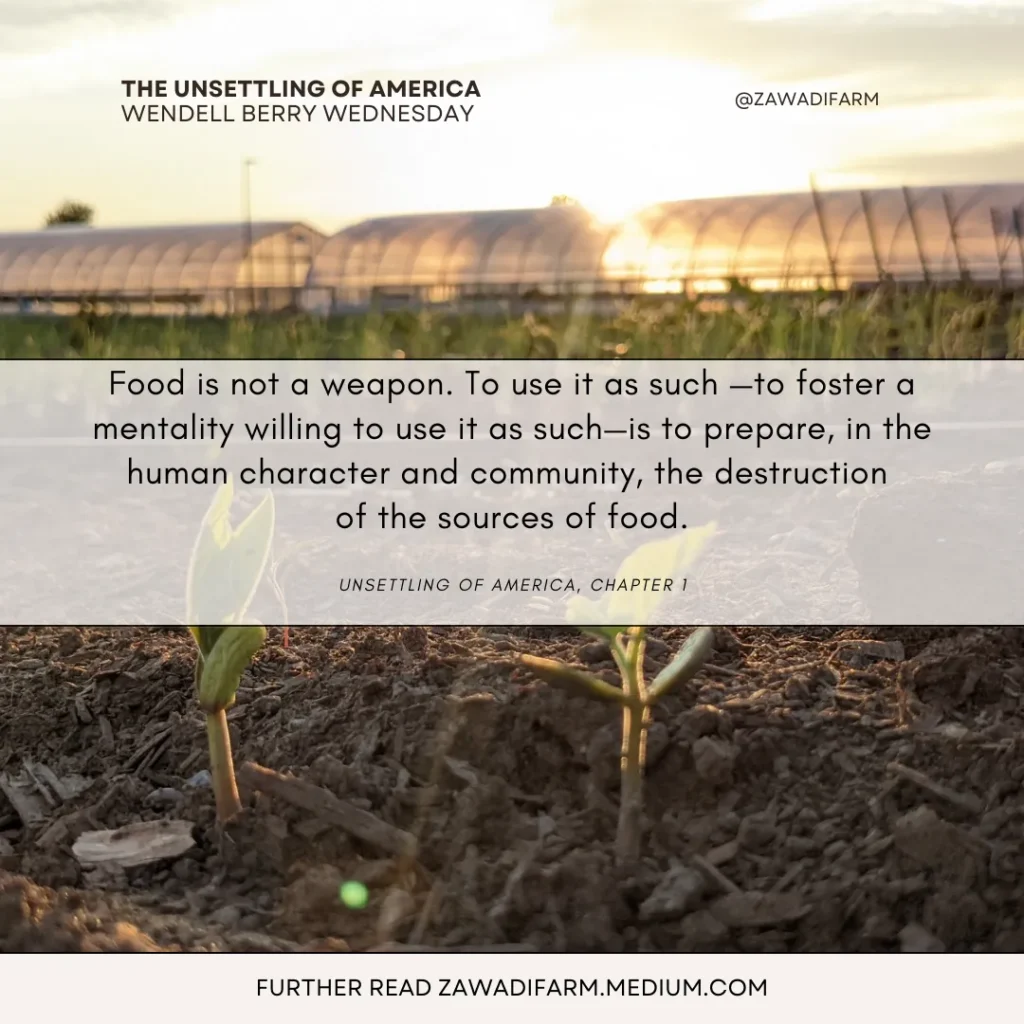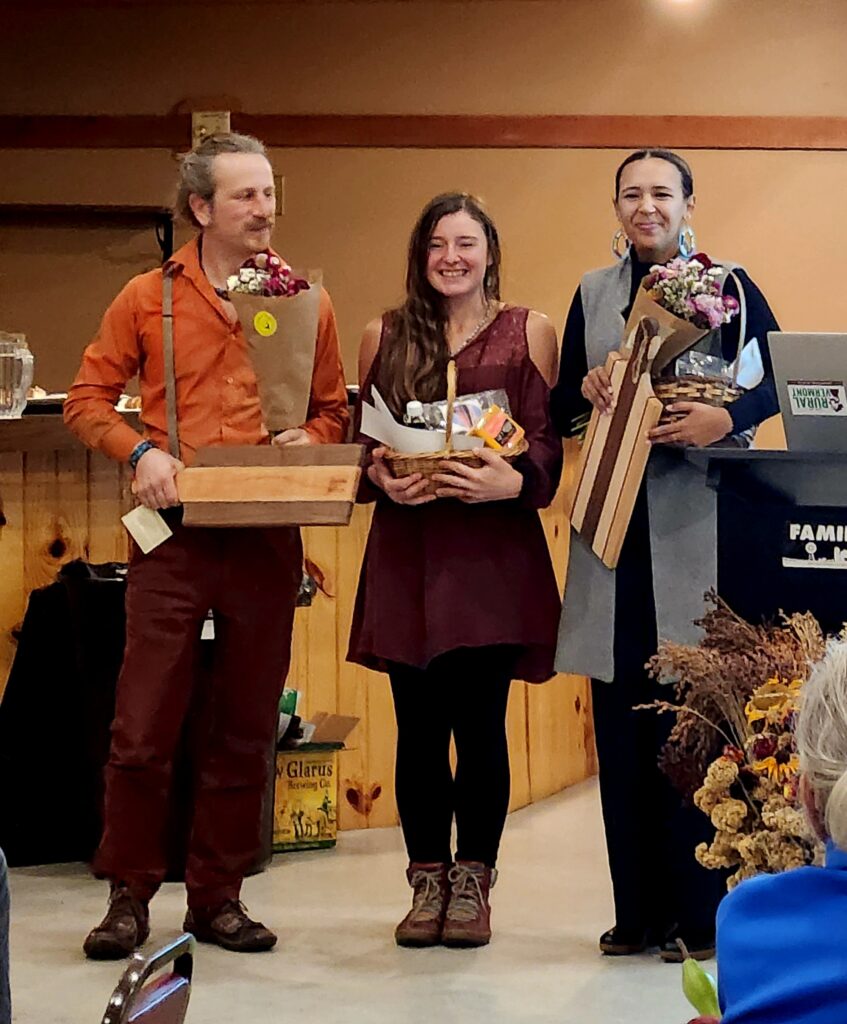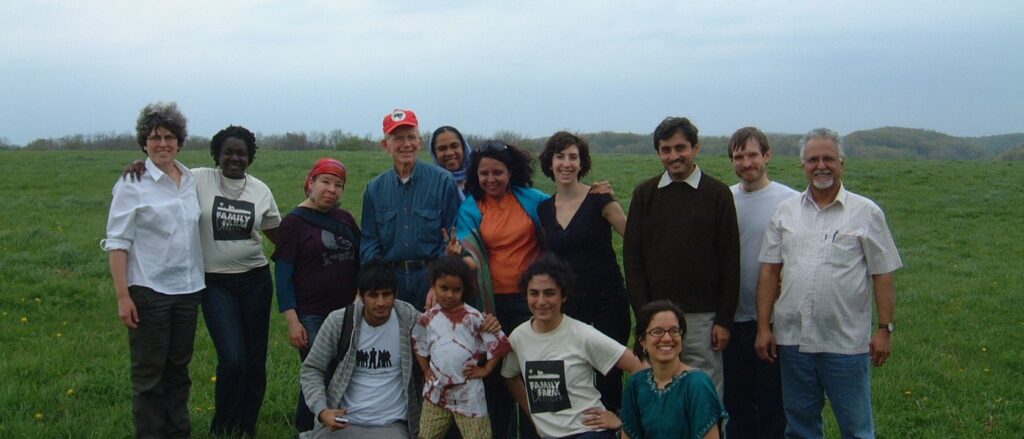By Jim Goodman and Anthony Pahnke (NFFC president and FFD vice president)
Published in the Chicago Tribune, Dec 25, 2023
Food is sacred.
Regardless of one’s religious views, there is something special about people coming together at this time of year to share a meal with loved ones. We take the time and labor to enjoy some distinctive plates, whether it’s tamales and pozole, maybe roast turkey or perhaps baba ghanoush. Good food is hard to put a price on, especially when it’s reflective of our traditions and connections to the land.
But powerful actors often use food not for peace, but as a weapon of war.
Whether it’s Russia’s strategic disruption of Ukrainian grain shipments and covering farmland with landmines or Israel’s cutting of civilian access to food and water in Gaza and turning of farmland into settlements — depriving access to food is done for political objectives.
The U.S. is by no means above the fray in such matters.
Our government’s Food for Peace program, which became part of the Farm Bill beginning in 1954, drives indigenous farmers in developing countries out of business as they cannot compete with our cheap, overproduced commodity crops that flood their markets.
It doesn’t have to be this way. We can promote policies to ensure that everyone has access to culturally appropriate food and the necessary means to grow it for themselves and their communities.
Global movements, such as La Via Campesina, demand as much in calling for food sovereignty. Central to food sovereignty is the idea that food neither should be used as a weapon nor a commodity. Moreover, the best way to respect our distinct food traditions is to democratize our food system by empowering people to grow their own food, push back against corporate power and support historically marginalized people of color.
There is no better way for us to begin to make such changes than by getting involved in our ongoing Farm Bill discussions. We have almost a year to do so, as congressional dysfunction has led lawmakers to delay passing new legislation until September.
In terms of details, first, we should push our lawmakers to increase Supplemental Nutrition Assistance Program (SNAP) accessibility. They can do this by including bipartisan bills within the Farm Bill that would dedicate more resources for people to purchase locally sourced produce at farmers markets and support local governments with the means to teach consumers how to prepare food on their own by scaling up programs such as SNAP-Ed.
There’s also the need to make sure that as our population changes, we support our next, diverse generation of small farmers.
The Fair Credit for Farmers Act would do just that, making important reforms at the U.S. Department of Agriculture. Specifically, the bill addresses the history of racist discrimination that farmers of color have experienced by mandating that USDA officials provide specific reasons when loans are denied and empowering farmers to sue the government in the event of wrongdoing.
To ensure that people who grow our food can earn a living, Vermont U.S. Sen. Peter Welch’s Fairness for Small-Scale Farmers and Ranches Act would begin to make a powerful change.
This legislation would halt mergers of large-scale agribusiness firms while requiring a review of recent large-scale acquisitions. Increasing concentrated markets, according to Mary Hendrickson of the University of Missouri at Columbia, subjects farmers to whatever processors will pay for their produce and consumers to inflated prices at the grocery store. While giving farmers a fighting chance by making markets more competitive, Welch’s bill also dedicates $100 million more to the Local Agriculture Market Program, which helps producers promote their products at farmers markets and that revitalizes local food chains.
The unifying, life-giving properties of food are put on display this time of year as we build and celebrate community. Ongoing military conflicts betray this principle by using food as a weapon. We can do better, and the Farm Bill gives us one chance to do so. This next year, let’s work on policies that truly let us honor the food that makes us who we are.
Jim Goodman is a retired dairy farmer from Wonewoc, Wisconsin, and board president of the National Family Farm Coalition. Anthony Pahnke is an associate professor of international relations at San Francisco State University and vice president of the Family Farm Defenders, an advocacy group for farmers and consumers.






